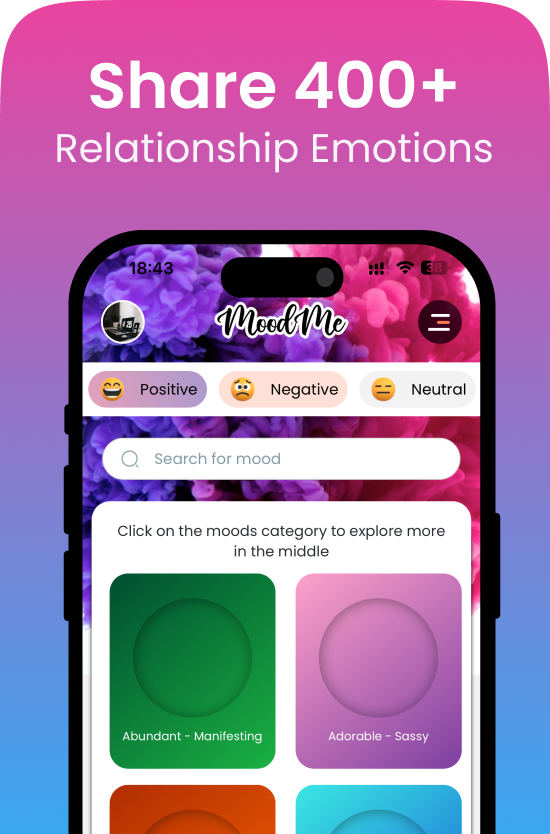on The Same Team
Score keeping or going “tit for tat” is damaging for your relationship! You can dramatically improve your relationship by playing on the same team!
Couples who have been married for 50+ state the secret to happy relationship is playing on the same team. When two people in a relationship think of themselves as on the same team, things get so much easier. Positive feelings grow freely. Score-keeping and resentment are nonexistent.
Martin Luther King states, that we may have come in different ships, but we are in the same boat now. These wise words from King sums up the concept of teamwork, and teamwork in a relationship is necessary for an intimate relationship to thrive. Without teamwork, a relationship can fall into an exhausting cycle of looking at “wins” vs “losses” who we have been slighted or taken from, looking at the negatives of the relationships vs. looking at the positives.
Like any team sport, you can’t do it alone. Relationships require both people to do their part. For example, no matter how good the quarterback is, they cannot win the game without the rest of the team blocking or catching the ball they throw. There’s not one position that is more important than the other. That’s the same for your relationship. Neither one of you is more important than the other. You are both equally important and essential to your relationship winning.
There is no I in team. This phrase can be attributed to relationships as well. When one of you is selfish, it hurts the entire relationship. If we want to improve the relationship, we have to start widening our focus and considering our partner’s feelings, learning not to have our way all the time, and learning to share and doing things that may not interest you for the better of the relationship, because you want happiness and peace in your relationship. There’s no getting around this type of selflessness if you want your relationship to exist as a team. Like it or not, when we join a relationship, we form a relationship identity, “Us,” not an “I.” Yes, you each still have a personal identity, but you have also given birth to a shared identity. This shared relationship identity has to lead when it comes to making decisions that will greatly impact the other. For example, let’s say you get a job offer in a different state, but your husband has an excellent job in the state that you are currently in. This would be a good example of when to consider your shared identity. Because if you ask your husband to move, it would interrupt his personal identity and work life. You would then have to sit down and talk about it and decide together going forwards on how you want to proceed.
To be on a successful team, we must learn to trust our partners. We have to trust that our partners have our best interests at heart. This trust that our partner has our back is the foundation of teamwork. Many couples would struggle with this, especially if there were hurts that happened in the past. Unfortunately, when two people don’t trust each other, it isn’t easy to get them to work together to accomplish the same goal. If you don’t trust your partner, you may begin looking out for yourself and what you’re getting out of the relationship. Not trusting your teammate could look like you are pointing out the things you do for the relationship and being focused on what you contribute. Not trusting your teammate can look like scorekeeping.
Let’s go in deeper on scorekeeping…
You are keeping track of what you do and what your partner does so that you can assess whether or not you’re getting taken advantage of or mistreated. Lack of trust is associated with fear and insecurity; therefore if your scorekeeping, it means that you don’t have faith in your partner. If you are constantly pointing out the things you do for your partner and focused highly on what you contribute, then it may be possible that you’re not playing on the same team. It’s possible that you are looking at your partner as an enemy rather than a teammate. An enemy who is going to take from you rather than give to you, support you, and love you. More than likely, your partner contributes some positives to the relationship, and if you genuinely believe that it’s one-sided and it has been that way for a long time without any changes, then that relationship may not be for you.
We’ve got to stop obsessing over the ways that we aren’t being treated fairly in our relationship because that’s a fear-based mindset, which indicates that you don’t trust your partner or look at them as an enemy. It tends to manifest in manipulation, guilt trips, passive-aggressive behavior aimed at changing the person you’re in a relationship with so that you can feel safer and better. Why not highlight what your partner brings to the table instead? Why not focus on appreciation for what your partner has done for you, how they’ve held space for you, what lessons they helped you learn, and how they are to support you? If you’re scorekeeping, I got one major question for you. Why are you looking at your partner like they are the enemy? Maybe you’ve been taken advantage of in the past, so you’ve learned scorekeeping as a habit to keep the scales balanced. The problem is that energy flows where your attention goes, so if you keep comparing what you do vs. your partner rather than simply appreciating how your partner is helping you, you’ll most likely drop into a negative mindset. Then your partner will feel unappreciated and not want to do the helpful things they’ve done before because the efforts are being unseen.
When you are focused on yourself and have your scorekeeping notebook out, writing down all the way your partner hasn’t treated your properly, you’re not actually on a team, you’re not in a relationship with the other person, but the thoughts you have about the other person. And if your thoughts are negative, then you’re in a relationship with a negative version you have created in your mind about the other person. Placing all your focus on what you can get and where your partner is failing stems from insecurity and fear.
The tit-for-tat checklist isn’t always judged on a fair scale. For example, you may do the dishes more than your partner, but your partner pays for the dinners when you go out. Or maybe, your partner changes more diapers, but you give your partner more massages every week. You may provide more in certain ways, and your partner gives more in other ways. So the next time we go to complain about our partner’s not doing something, scope out and look at the whole picture. Ask yourself if your partner is contributing to your partnership in other ways.
When you find yourself being competitive with your partner, remember that you are working together for the same goals and on the same team. You are not adversaries. You both want to be successful, healthy, happy and loved. You want this together. Teams are much stronger than two people trying to exist on their own and fight each other the entire time.
Being on a team in a relationship means Knowing that no matter what you face, you will face it together. This means having each other’s backs when one of you is having a bad day. Or take turns doing things neither of you wants to do or speaking of each other highly in public. This means collaboration on ideas, big and small. This means letting go of the resentment and scorekeeping because you’re on the same team. Sometimes we may have to compromise for the good of the relationship, not just the good for yourself. To be in a healthy, long-lasting relationship, we must cultivate a “team player” mindset.
So throw out the scorekeeping notes, lean into trusting each other, place your attention on appreciating what your partner has to offer, take your attention off of yourself, and put in on the “we, us, the team,” both of you and the shared relationship identity that you have created.
Thank you for reading! Download MoodMe!




